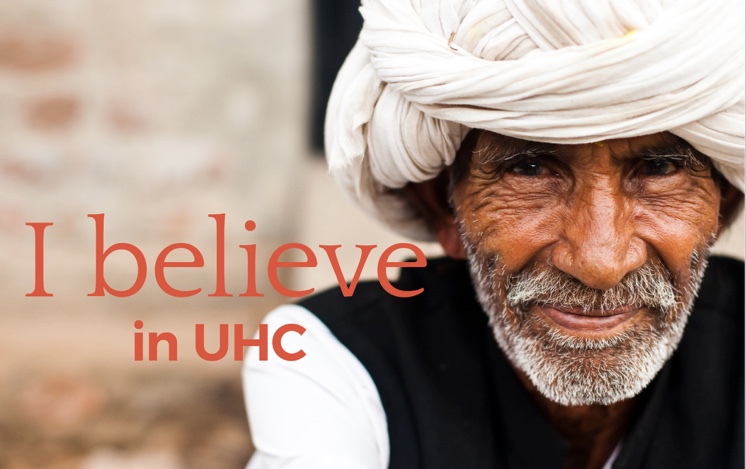Welcome to a new issue of Stories from the field, with great features about Sri Lanka’s focus on primary health care, and Oman’s work on patient safety.
In 2019, we will continue to share your many stories of change from the field. If you have a story to tell, get in touch and we’ll work with you: jwt@who.int
The summaries below take two minutes to read (literally!) with full versions of the story if you are interested.
Primary health care in Sri Lanka: On the road to UHC
Fact: Sri Lanka has endorsed primary health care to address the emerging challenges to achieve universal health coverage.
Why it matters: Business as usual is not an option for Sri Lanka. It is experiencing a rise in non-communicable diseases, a rapidly ageing population, changing societal expectations of health care and urbanization.
In practice: The Sri Lankan Ministry of Health, in close partnership with the Sri Lankan Medical Association and WHO, developed an Essential Services Package and a service delivery model for PHC. An immediate next step was to organize an advocacy session in the Parliament resulting in the signing of a National UHC pledge.
Service delivery in Oman : Leading the way in patient safety
Fact: Almost 90% of the main hospitals in Oman are now taking part in the Patient Safety Friendly Hospital Initiative to improve safety in public and private hospitals nationwide. This improves service delivery to support UHC.
Why it matters: Each year globally, millions of patients die or are injured because of unsafe and poor quality health care. Most of these deaths and injuries are avoidable.
In practice: The Ministry of Health is highly committed to the Patient Safety Friendly Hospital Initiative. WHO worked with the Ministry and hospitals nationwide to provide tools, training and technical support about patient safety.


